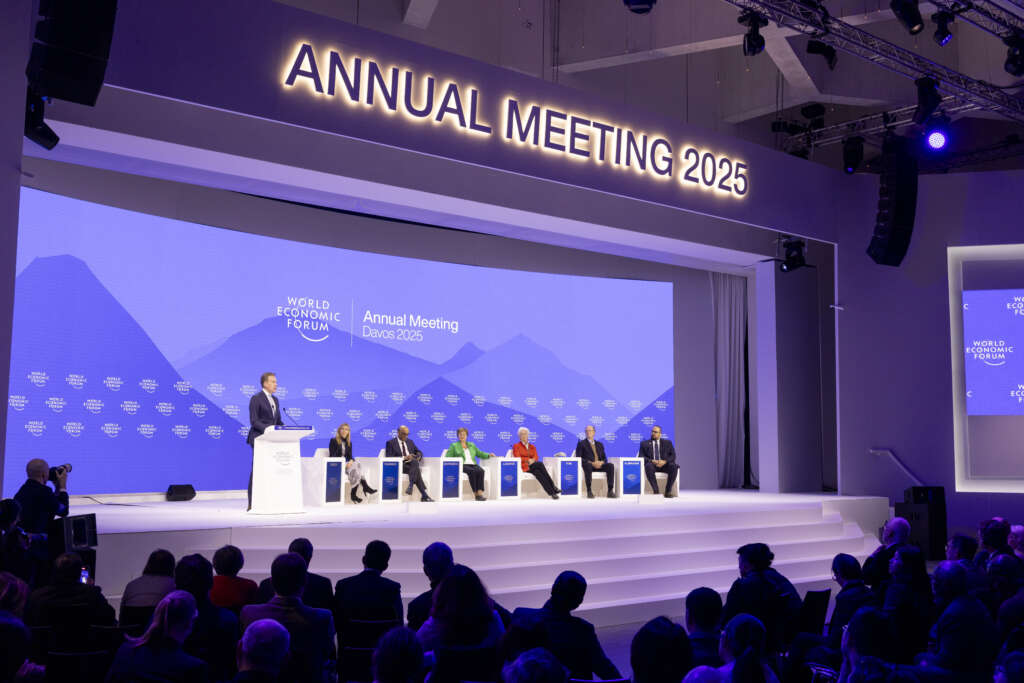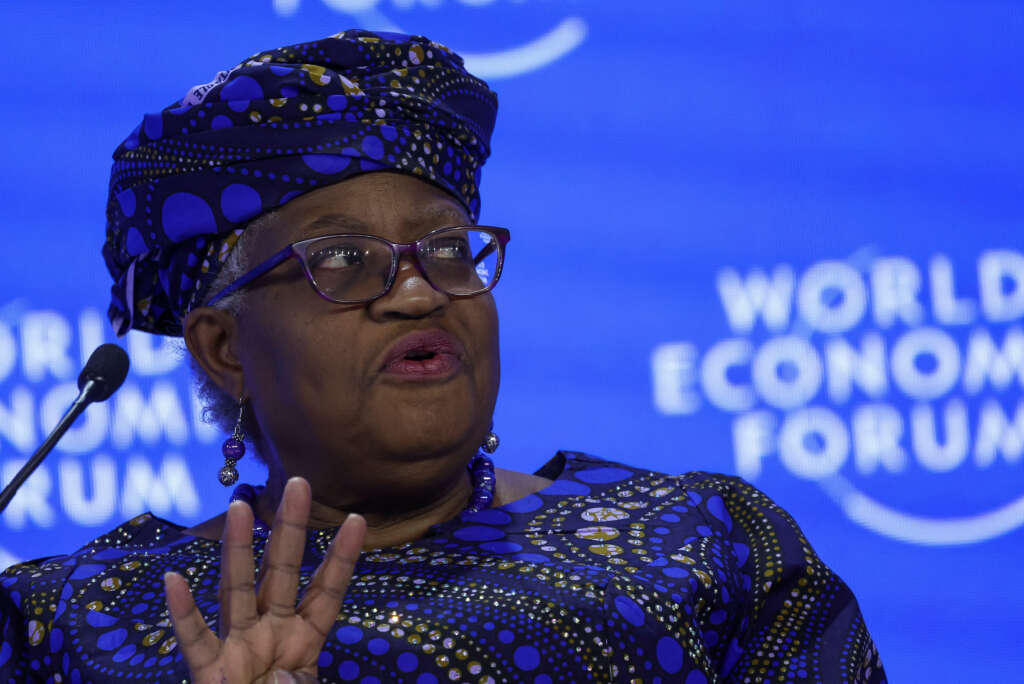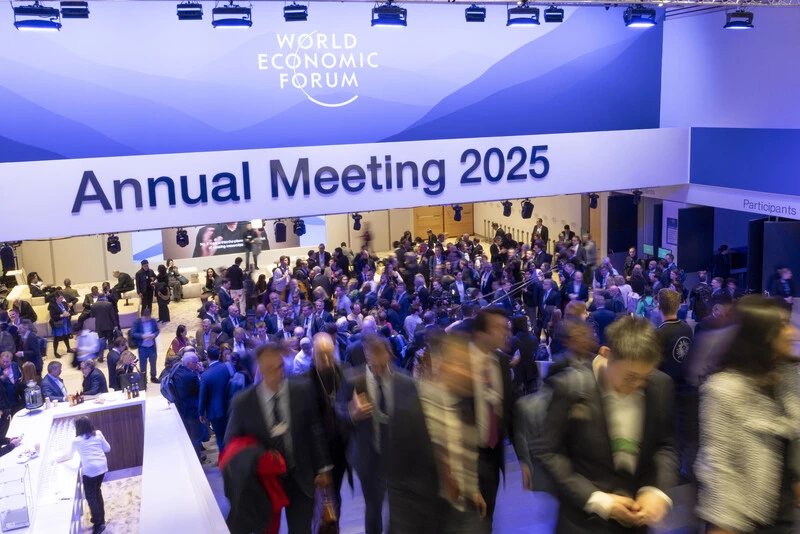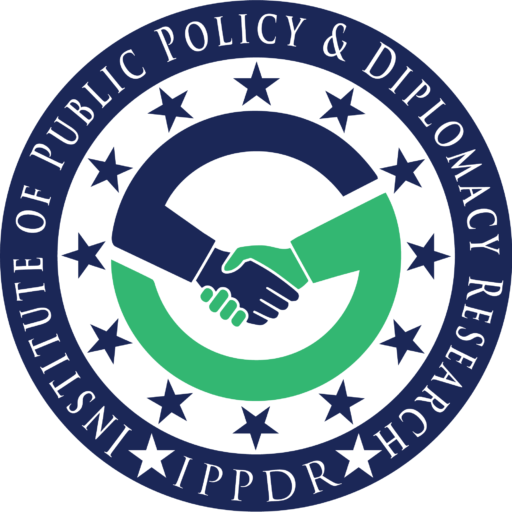World Economic Forum – Davos 2025: Collaboration for the Intelligent Age
The World Economic Forum (WEF) Annual Meeting – Davos, has cemented itself as a critical venue for addressing global society’s pressing challenges. It brings together senior government officials, policymakers, business leaders, and geopolitical strategists to discuss cooperative solutions to today’s most pressing issues.

However, the forum’s effectiveness in driving real-world policy and global stability is often called into question. Leaders from the public and private sectors are still feeling the aftershocks of the current global geopolitical uncertainty, economic transformations, and rapid technological innovation.
International Platform for Global Transformation
More than 3,000 of the most influential leaders, including more than 50 heads of state and government, gathered from January 20 to January 24, 2025, to take part in the 55th Annual meeting of the World Economic Forum in Davos, Switzerland.
Its format centered on resolving collective challenges and creating pathways to sustainable solutions under the umbrella slogan “Collaborating for the Intelligent Age”. In a world that has become ever more fragmented as power dynamics shift, inequality rises, and climate action looms urgently on the horizon, the Davos Forum presents the opportunity for its unique but under-utilized space for strategic dialogue exacted from pragmatic and tangible results.
World Economic Forum event key topics included
Artificial Intelligence (AI): Discussions centered on AI’s transformative potential and the need for global cooperation to ensure its benefits are widely shared. Leaders emphasized the importance of regulating AI to prevent misuse and to promote ethical applications.
Climate Change and Energy Policies: UN Secretary-General António Guterres highlighted the pressing dangers of climate change, criticizing global dependence on fossil fuels. The forum also addressed the implications of the U.S. administration’s energy policies under President Donald Trump, which advocate for fossil fuel expansion.
Global Trade and Tariffs: Trade dynamics, particularly in light of potential new tariffs by the U.S., were a significant focus. British Treasury Chief Rachel Reeves expressed hopes to avert these tariffs, reflecting broader concerns about global trade stability.
Geopolitical Stability: The concept of a “geopolitical recession,” characterized by increased polarization and reduced global cooperation, was discussed. Leaders emphasized the need for collaborative efforts to address major global challenges amidst this backdrop.
Africa’s Development: African leaders highlighted the continent’s potential, focusing on capitalizing on its young population and bridging digital divides. Discussions included strategies to harness Africa’s demographic dividend and promote digital inclusion.
Key Challenges for Policymakers and Government Officials
- Geopolitical Fragmentation The forum exposed growing fissures between the world’s major powers, especially over trade, technology and security. Policymakers must thus nurture multilateral cooperation amidst rising bilateralism and protectionism.
- Fixed gaps between Policy Alignment and Implementation. Though ideas abound at the Davos Forum, implementing them into successful policies by our governments can be hit-or-miss. Collective goals are often sacrificed on the altar of national interest resulting in reduced on-ground application of promises made in top-tier discussion forums.
- A lack of public trust among international elites. One of the recurring criticisms of Davos is its elitism. On top of this, we must question forums like these, feeling out of touch; devoid of grassroots; and beholden to economic elite concerns over systemic inequalities.
Key recommendations for policymakers and government officials
- Enable broader participation in decision-making: Governments and institutions must push for the inclusion of those voicing marginalized communities, youth leaders, and smaller economies in global policies. This way they capture diverse realities and priorities.
2. Accountability and Monitoring mechanisms: Establishing a specific framework to monitor action on promises made at the forum is critical. This outcome should yield a measurable goal with a timeline, and actionable reporting of progress should be done on an annual basis. This will promote a sense of trust and confidence between all the stakeholders.
3. Geopolitical Confidence-Building Strategies/Bureaucratic Reassurance: Davos should be used as a neutral ground around which backchannel diplomacy can be embraced — backchannel diplomacy being communication that occurs, often for peace, between two countries that are in conflict, with neutral mediators; not sending out statements. It might involve roundtable talks among competitive states.
4. Localized Implementation: Governments should adapt global strategies to local contexts, ensuring consistency in policies across various levels of governance. By creating hubs from which local responses can be developed, links could be made between international resolutions on dealing with pandemics, for example, and regions, where local needs must be prioritized.

5. Tech as a Bridge, Not a Divide: It is incumbent on policymakers to push for measures that create equitable access to technology, like for instance public-private partnerships to expand digital infrastructure in underserved areas. This will narrow the digital divide and promote innovation.
The Institute of Public Policy and Diplomacy Research (IPPDR) Perspective
The Davos Forum is an important platform for international cooperation, which complements a policy arena of cross-sector cooperation between diplomacy, governance, and grassroots realities. As an Institute, we emphasize the following:
- Diplomacy as a Strategic Goal
Well-designed, cooperative diplomacy is essential to geopolitically secure the triad. The wealth of knowledge in forums such as Davos must be leveraged to examine mechanisms of peaceful conflict resolution and preventative diplomacy.
2. Reforming Global Institutions
Global governance structures must be adapted to new geopolitical realities. IPPDR suggests utilizing the Davos platform to present implementable reforms like increasing the representation of emerging economies in governing bodies.
3. Integrating Policy with Sustainable Development Goals (SDGs).
Governments must integrate SDGs into national agendas, with a focus on climate action, poverty reduction, and education. Davos provides an opportunity to bring together key stakeholders and lock in commitments for coordinated action.
4. A focus on Social Equity must validate the basis of every decision for policymakers at the forum. The IPPDR demands practical policies that tackle structural inequities and give power back to local communities.
Davos as a Springboard for Action

The Davos Forum has the potential to be a major platform and meeting for global discussion. Yet its future as a driver of change in the vast number of diplomatic discussions on climate issues will largely depend on whether it can redress the imbalance between talk and action.
The forum must act as a connection between global governance systems and local realities, and challenge governments and policymakers to ensure that promises mean action.
Through this all, if Davos continues to do one major thing it can still do in spades — bringing together people from all walks of life, related to a myriad of industries, with a focus on helping Sisyphean efforts of addressing inequitable capitalism — prioritizing not only personal accountability for rampant inequity in societies, but collective accountability to foster true progress in balancing demagoguery and governments to transcend geopolitical fragmentation.
We, as an institute, are ready to provide our expertise and resources to support governments and stakeholders to use this platform for a more equitable and sustainable future.
For more information
Website: www.ippdr.org
Email: info@ippdr.org
